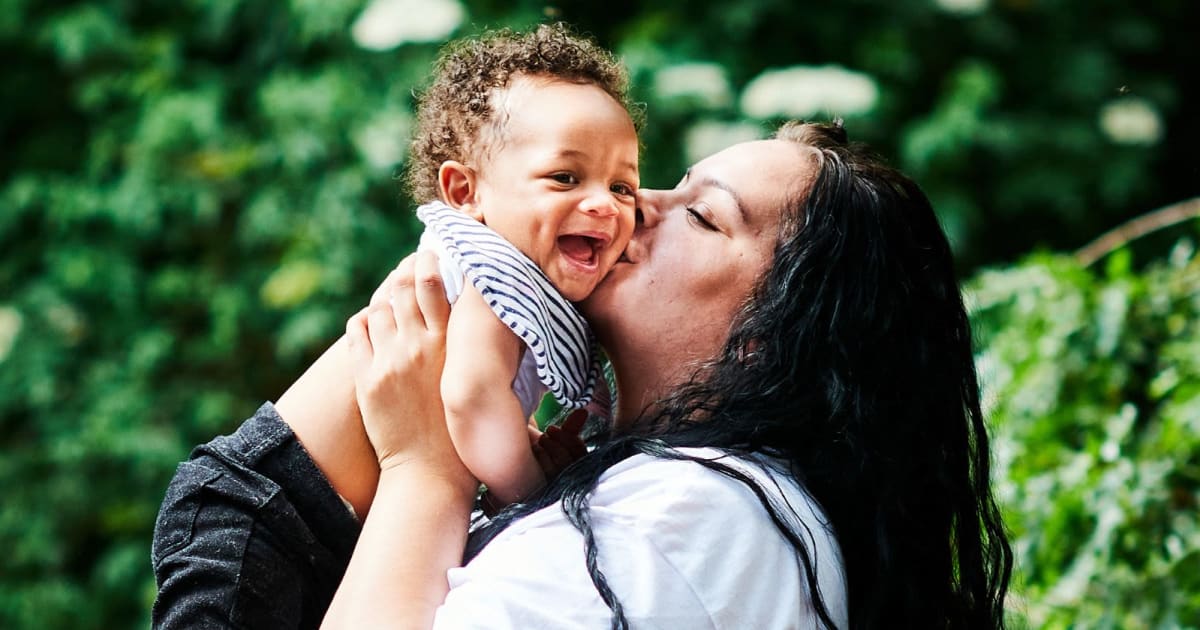The earliest years of a child’s life are a critical and often challenging time. While mothers need to adapt to many changes and develop additional skills, their own mental health can be overlooked. It is common for mothers to experience mental health issues: up to 1 in 5 new and expectant mothers experience depression.
The scale of the problem is concerning; even more concerning is that many of these mothers are not getting the help they need from an ailing healthcare system. Research suggests that up to half of women with postnatal depression are not necessarily recognised as depressed by their primary health care team, with women from minority ethnic backgrounds more likely to be missed. If they are referred, wait lists for talking therapy are long, and the standard offering may not be tailored to mothers of children with special needs or from certain backgrounds. The pressure on the system shows no sign of easing, with huge numbers of mothers not receiving the support they need for mental health problems.
The impact on mothers, children and society of not addressing depression at this critical time is far-reaching. Left untreated, perinatal depression can persist for many years, diminishing a mother’s quality of life for that period, and/or recurring after births of subsequent children. The effects on children can last even longer: research shows a connection between mothers’ experience of perinatal depression and developmental and emotional problems in children persisting throughout their school years and beyond. In the face of these potential impacts, it is surely imperative that no mother is left to suffer alone.
MumsAid is one charity which supports mothers who have few other places to turn. MumsAid’s work has already been shown to be effective at pulling mothers out of depression. An independent evaluation in 2020 showed that, in general, mothers who had been through counselling provided by MumsAid significantly improved on standard measures of depression, as well as on measures related to their confidence, stress and bond with their baby. However, the benefits of providing this service have not been expressed in monetary terms until now.
This report shows that, even taking a very conservative estimate of the benefits of this change in mothers’ mental health, the economic value of this improved quality of life is over £10,000 per mother supported by MumsAid counselling. While the improvement cannot be credibly attributed wholly to MumsAid’s counselling due to evidence gaps, this report makes clear that the programme is likely to deliver value for money. The mental health recovery of only 1 in 7 mothers needs to have occurred as a result of MumsAid’s counselling programme for the economic benefits to outweigh the costs.
Moreover, the benefits quantified only reflect the value of the improvement in the mother’s quality of life as a result of recovering from depression. Due to evidence gaps, this report does not present the value of the many other benefits of this service, such as those that may arise through marginal changes in mental health, or through indirect impacts on other outcomes for both mother and baby. It is hoped that further work can quantify some of these other important benefits to mothers and children.
The results of the analysis in this report are necessarily cautiously expressed, but nonetheless paint a compelling picture of a successful and important programme. By helping mothers who might otherwise not receive the assistance they need, MumsAid’s counselling programme plays a critical role in supporting mothers and children, with benefits which are likely to spread wider and endure far longer than is shown in this report. At a time when depression and other mental health issues are a too-common challenge for mothers in the UK, policymakers should look to successful programmes like this to help shape future plans for support.
